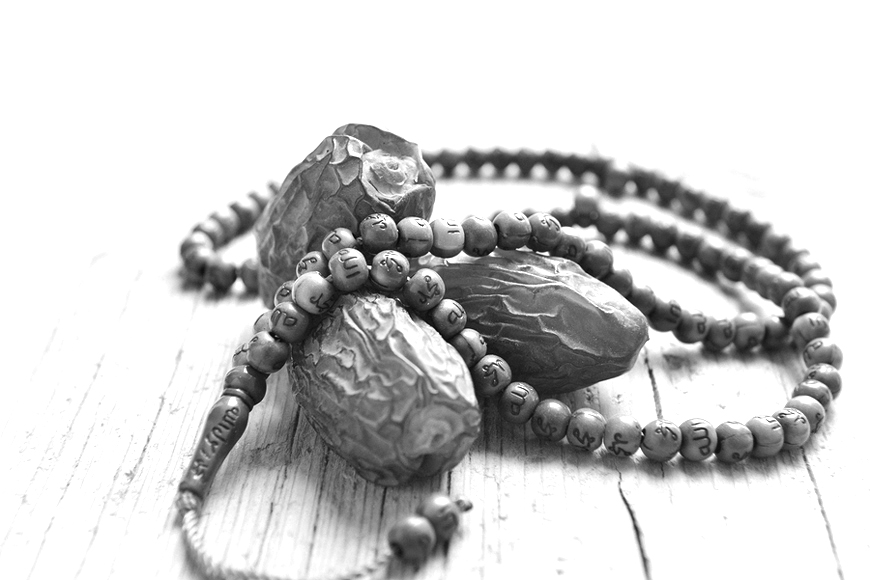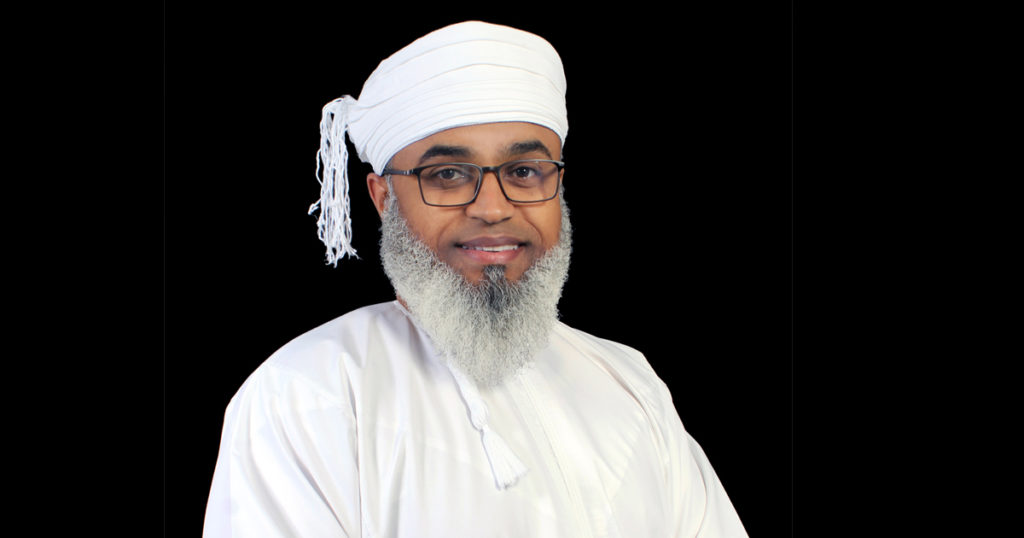Social distancing and isolation is the norm in the advent of the coronavirus crisis. Mosques too are closed. So there will be no nightly prayers at the mosques and no breaking of fasts in groups. In fact, this could be the first-ever time that Muslims across the world are observing the Holy Month of Ramadhan in this different manner, in the backdrop of the coronavirus crisis.
But, a young Islamic scholar calls this period and the prevailing circumstances “a blessing”. “I see this experience as a blessing as we normally take the good things in life for granted and will not really value the blessings we had until we lose them,” Hatim bin Harith Abdissalaam, who is also a motivational speaker and youth influencer, told Black & White magazine. “This experience will show us that the value of our rituals won’t be affected whether they are performed in mosques or our homes. We will also appreciate our mosques more after the pandemic as currently we are being deprived from praying in them,” Hatim added.
Excerpts:
What is on your mind during the beginning of the Holy Month? Is it going to be a different Ramadhan as practicing Muslims would be observing fast and prayer in the backdrop of the coronavirus crisis?
I want to make this an extraordinary Ramadhan, trying out different ways to make it as spiritual as possible, especially when it comes to uplifting the spiritual side of my kids, as we all will be doing most of the rituals at home.
Could you give us an idea as to how to help those observing fast here on how to adapt to the new ways this Ramadhan and still attain the spiritual benefits of the Holy Month?
As believers we are asked to be ready and prepared for anything in life. Our spiritual life should not be affected whatever the circumstances that confronts us. People need to do exactly what they did in the past Ramadhan, but the only difference will be that they are doing it at home. So for example, the prayers in the mosque can continue the same way if families pray together at home.
Many will be saddened by their inability to go to a mosque because of the lockdown. So, this will be more of a Ramadhan where those who are fasting will turn inwards in a more profound manner and have a very introspective month; where the focus will be more on prayers and reading of the Holy Quran only from their homes. Your comments.
I see this experience as a blessing, as we normally take the good things in life for granted, and won’t really value the blessings we have until we lose them.
This experience will show us the value of our rituals, as they won’t be affected whether they are performed in mosques or in our homes. We will also appreciate our mosques more after the pandemic as currently we are being deprived from praying in them!

What would you like to say to those who may be having a feeling of incompleteness because they are unable to be part of the community aspects of the Holy Month, and not able to pray at mosques…?
I would say to them that we have to be patient and grateful for what we have today, as it could have been worse. This is a temporary thing and we can only overcome it by being accepting and thankful.
Will it be difficult for health workers and those in the frontline to fast?
Islam is a religion of easiness and Almighty Allah says in the glorious Quran, “Allah will not burden a soul what cannot bear”!
Therefore the medical teams will individually assess what is convenient for them in these difficult moments and they can always refer back to the scholars to seek guidance on this matter, as fasting is an obligation on every Muslim, unless circumstances prevent them from doing so.
What is the message that you would want to give out to all those who are observing fast in Oman?
This golden opportunity of having so much free time at home may not come again, so make sure you utilise this to the best possible manner in the safety of your homes.


0 Comments